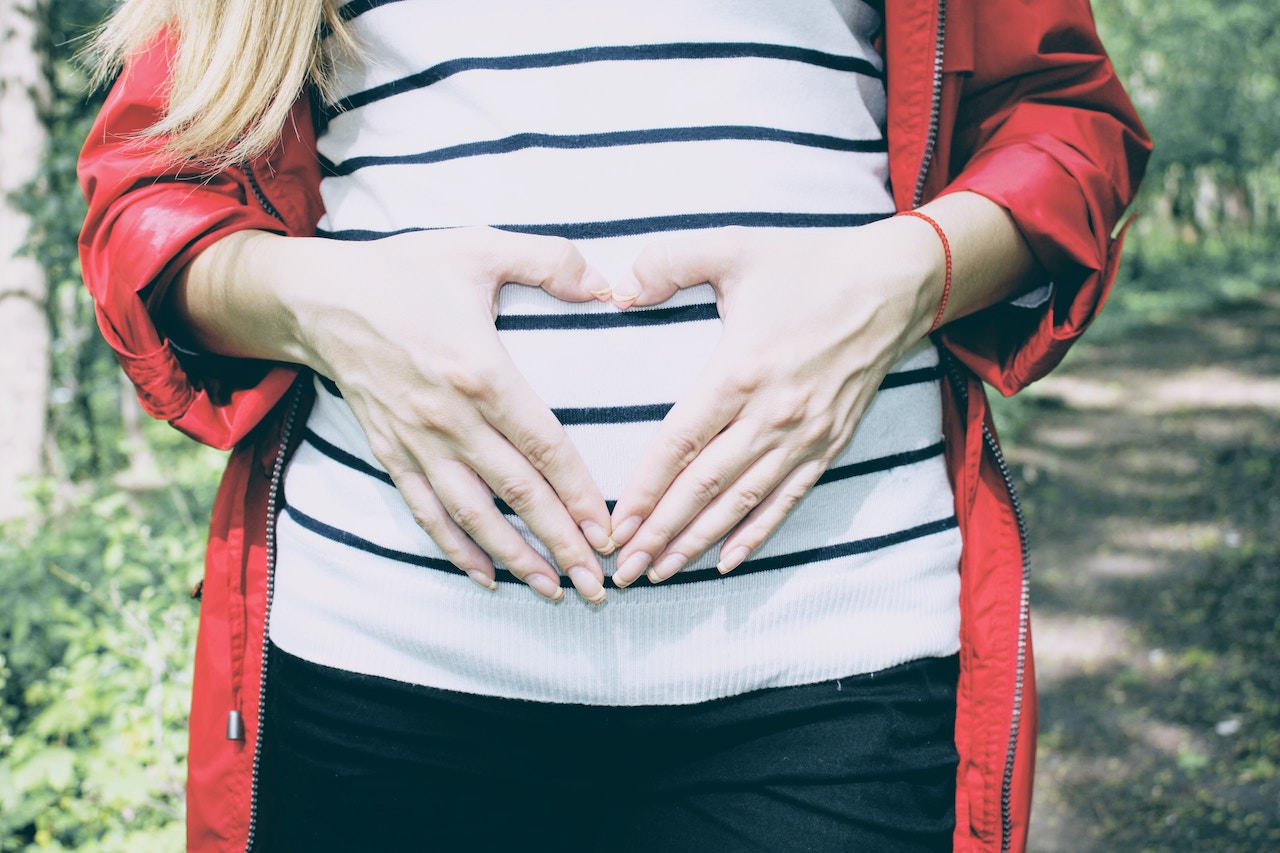Researchers from Riga Stradins University have concluded that vitamin D deficiency is prevalent among pregnant and postpartum Latvian women after a study found only 21% to have optimal levels.
Between July 2020 and January 2023 a cross-sectional study was conducted of 735 women who were either between 27-40 weeks of gestation or who had delivered less than seven days earlier, all of whom must have resided in Latvia for at least the past year. Data was collected from outpatient maternity wards across the country and informed the findings of the researchers’ report, Vitamin D Intake and Serum Levels in Pregnant and Postpartum Women.
Neither diet nor the consumption of multivitamins had notable effect on vitamin D levels, leading the team to form the view that only a targeted approach using individual vitamin D supplements can help women in Northeastern Europe maintain optimal serum levels during and after pregnancy.
Serum vitamin D levels were found to be lower (31.8ng/ml) in postpartum patients than in pregnant ones (42.9ng/ml) which the authors suggested was a direct result of more women supplementing vitamin D during pregnancy (84.1%) than afterwards (67.5%).
The study also found that the median serum level presented marginally higher than in previous studies of pregnant European women, which the team concluded could be due to increased interest in vitamin D supplements brought on by COVID-19.
To account for the prolific vitamin D deficiency rate the researchers are proposing that the correct dose for pregnant women in Northeastern Europe should be 2,500iu throughout the year. The current recommendation is 400iu daily, according to the Latvian Ministry of Health.





